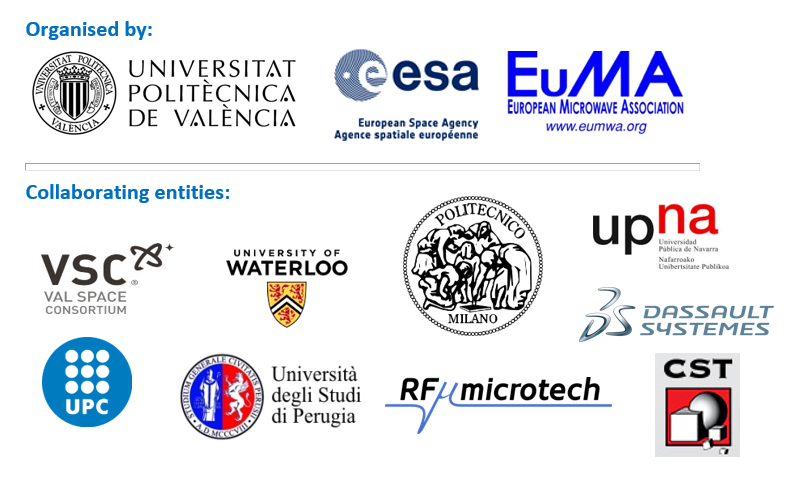FIMU4SPACE2019
→
Europe/Amsterdam
Classroom 2.3 (UNIVERSITAT POLITECNICA DE VALENCIA)
Classroom 2.3
UNIVERSITAT POLITECNICA DE VALENCIA
Building 4P
Telecommunications School
2nd Floor
Description
The European Microwave Association (EuMA), the Technical University of Valencia (UPV) and the European Space Agency organize a Course on Microwave Filters and Multiplexing Networks for Space Communication Systems. Senior researchers from European Universities and the European Space Agency (ESA), as well as experts from Space Industries, will participate in the course programme.

Contact: Maria Bayarri Beltrán
Participants
